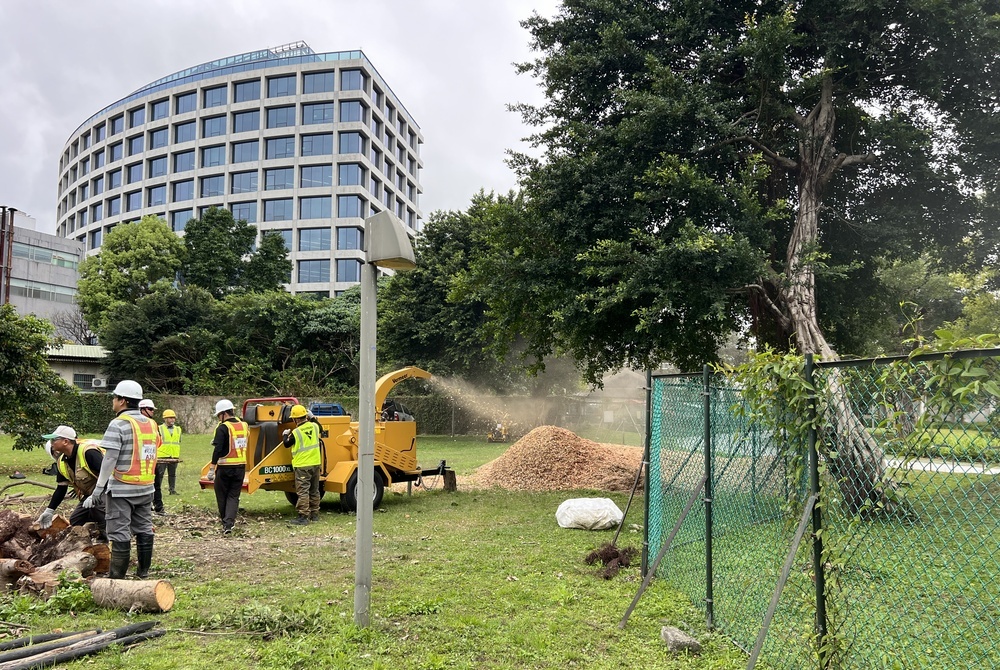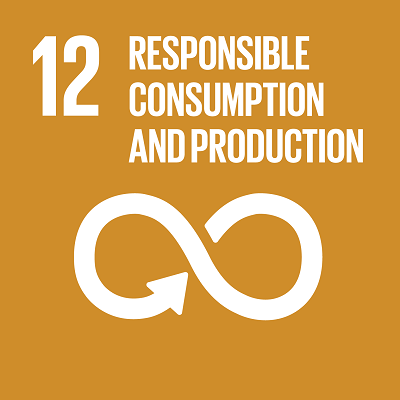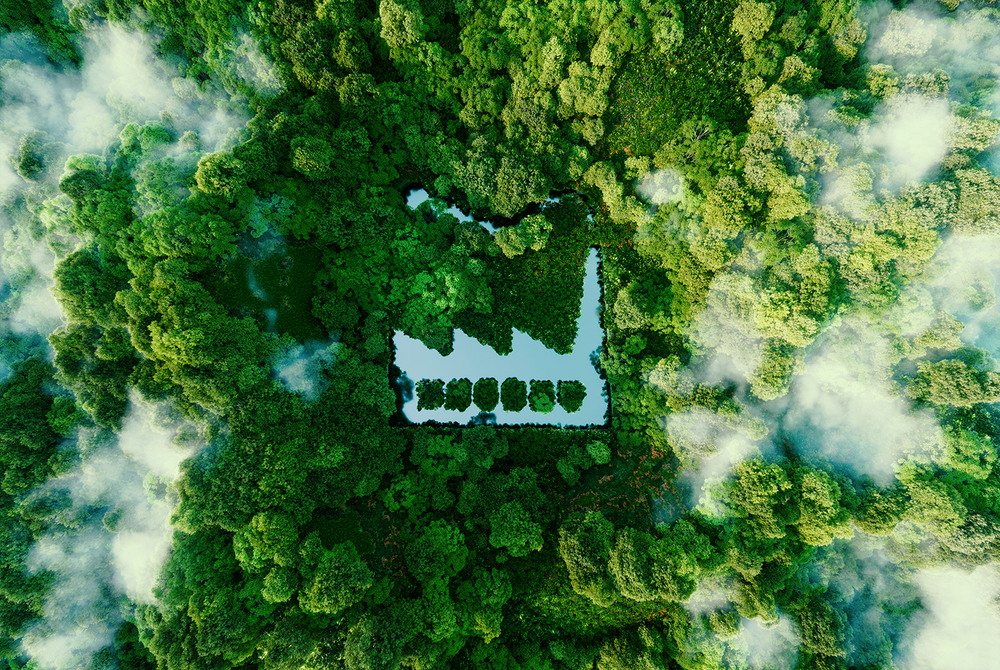Recycling and Reuse of Tree Debris


The trees within Tpark require regular pruning and trimming to maintain healthy growth and avoid safety hazards due to decay or collapse. In the past, most of the tree debris was incinerated, which produced carbon emissions and air pollution. To refine its waste disposal, recycling and reuse operations, Tpark is using crushers to convert the debris into wood chips, which can be used as compost or mulches. While lessening environmental burdens and carbon emissions caused by incineration, the approach also replenishes the soil by transforming tree debris into nutrients, achieving environmental sustainability by greening the environment. The major benefits are listed below:
- Waste reduction and resource reuse:
- The wood chips are used as compost to improve the soil condition for newly planted shrubs, such as coffee and Aristolochia debilis. The wood chips increase soil organic matter, hence reducing the need for and cost of purchasing organic compost or fertilizers.
- In addition to being used as compost or fertilizers, the crushed tree debris can also be turned into mulches to cover the flowerbeds and tree planting holes, which reduces the cost of transporting and processing organic waste.
- Ecological benefits:
- The approach increases the soil organic matter at Tpark, which boosts plant growth while minimizing the need for irrigation and the use of chemical fertilizers.
- The approach cuts down the total amount of incinerated refuse and carbon emissions.










